|
Final countdown to participate in Global Survey!
|
|

|
|
Governments from around the world are encouraged to participate in the 2024 Global Survey of School Meal Programs by completing the 2024 Global Survey Questionnaire available here. This questionnaire is available in eight languages, including, Arabic, Chinese, English, French, Japanese, Portuguese, Russian and Spanish, and collects government-sourced data on the 2022 school year. Data collection is ongoing through May 2024 and the final survey report is planned for release in November 2024.
This survey, administered by the Global Child Nutrition Foundation (GCNF), is the most comprehensive data collection on national and large-scale school feeding programs globally. The resulting data provides governments and other stakeholders with an up-to-date global database of standardized information on school meal programs to make informed decisions.
National governments are invited to designate a government-appointed focal point to complete the Global Survey of School Meal Programs. GCNF has designated a global survey associate for dedicated support to each country as they complete data collection. To be connected with a global survey associate for additional support on this process, please contact info@gcnf.org.
The Global Survey has been conducted twice thus far, covering the school years that began in 2017 and in 2020. The first two rounds of the Global Survey captured information on 155 countries, representing the first successful attempt to gather standardized school meal information directly from governments around the world on a regular basis.
|
|
|
Has your country started or submitted the survey yet?
|
|

|
|
Countries that have submitted or have started to complete their Global Survey of School Meal Programs as of April 11, 2024.
|
|
|
As of April 11, 2024, 60 governments have completed this year’s survey; 76 are in progress; and 50 countries have not yet started the process. Organizations supporting national and large-scale school feeding programs can encourage and support their government counterparts to complete this survey by May 2024.
|
|
|
Save the Date:
2024 Global Child Nutrition Forum
|
|
The Global Child Nutrition Foundation (GCNF) invites you to save the date for the Global Child Nutrition Forum happening in Osaka, Japan this December 9 through 12. This four-day learning exchange and technical assistance conference is held biannually to support countries in the development and implementation of sustainable school feeding programs.
The program includes plenary sessions, technical workshops, and a day trip to see the local school meal-related activities in action. The primary language of the Forum will be English. GCNF intends to provide simultaneous interpretation services for English, French, Japanese, Portuguese, and Spanish. Arabic and Russian interpretation is being explored. Information on registration will be available on GCNF's website in the coming weeks.
Since 1997, the Forum has united governments from across the world and their partners for intensive training, technical assistance and planning, all directed toward establishing and strengthening country-operated sustainable school feeding programs. The Global Child Nutrition Forum is geared towards government practitioners directly engaged in implementing school meal programs, along with their partners including private sector companies, international organizations, NGOs, academic institutions, among others.
The Global Child Nutrition Forum aims to leverage the outcomes of the School Meal Coalition bi-annual ministerial meeting held in Paris, France in October 2023, by offering technical level capacity building and learning exchange to help governments achieve their commitments and strengthen their programs. Upon returning home, participants serve as resources in their countries and often for neighboring countries developing school feeding programs. Past Forums have taken place in Benin, Brazil, Cabo Verde, Cambodia, Canada, Ethiopia, Ghana, Kenya, South Africa, Tunisia, and the U.S.. To learn more about previous Forums please visit GCNF’s website.
|
|
|
School Meals in the News:
|
|
|
Government of Canada Announces National School Food Program
|
|
|
On April 1, Canadian Prime Minister, Justin Trudeau, announced a new National School Food Program for Canada. With a government investment of $1 billion over five years, the program aims to provide meals to an estimated 400,000 more children every year, beyond those served by existing school food programs. The program will focus investment for First Nations, Inuit, and Métis communities, which suffer some of the highest rates of food insecurity in Canada. This is a particularly momentous move for partners on the ground in Canada including the Breakfast Club of Canada and the Coalition for Healthy School Food, who have been advocating for such a program for over a decade.
|
|
|
‘Nourishing Minds, Transforming Futures: Revolutionizing School Feeding for Healthier Futures’, by Dr. Fru Wanka
|
|
|
School feeding programs are catalysts for change, delivering meals and instilling hope in those benefiting from the program. In this era of unprecedented global challenges and being confronted with the complex interplay of food insecurity, malnutrition, disease, conflict, poverty, inequality, urbanization and climate change, especially in developing countries, school feeding programs should not be seen as merely a program to fill empty stomachs but as an opportunity to foster healthier and more environmentally conscious food environments. By harnessing the transformative power of food, these programs should offer a pathway for empowerment, resilience, and opportunity. Therefore, innovative solutions are paramount.
By integrating sustainable practices into meal planning, sourcing and education, schools can pave new routes towards encouraging learners to be mindful eaters and stewards of the planet. When planning to implement or initiate a school feeding programme, some essential questions to have in mind to stimulate innovative solutions include:
-
Food Sourcing and Safety: From which suppliers do you procure food, and do they adhere to sustainable food practices and food safety standards?
-
Nutritional Diversity and Appeal: Does the menu offer diverse nutrition options, and how will you ensure meals align with students' tastes and preferences?
-
Nutritional and Sustainability Awareness: What measures are in place to educate students about the importance of balanced diets and sustainable food choices?
-
Connecting Students with Food and Environment: How do you plan to develop a meaningful connection between students, the food they consume, and environmental sustainability?
-
Food Waste Reduction Strategies: What measures are in place to minimize food waste within the school feeding programme?
-
Openness to Feedback and Improvement: How receptive are you to constructive criticism and feedback regarding the school feeding programme's effectiveness and areas for improvement?
-
Policy Support for Sustainable Nutrition: Are there any local, regional (state) and national policies that endorse and facilitate the implementation of sustainable nutrition initiatives within schools?
-
Program Funding and Sustainability: How do you plan to secure funding for the programme to ensure longevity and effectiveness?
|
|
|
‘Implementing School Feeding in Kenya: Unlocking Scalability'
|
|
|
A guest GCNF blog by Elisheba Kiru, Special Education Consultant, Nicola Okero, External Relations Manager at Food for Education, and Ruth Muendo, Senior Impact Manager at Food for Education.
|
|
|
As a result of a confluence of factors, Kenya’s cost of living has reached a 5-year high, having a disproportionately deleterious impact on low-income households. Quality of life, especially for children, is negatively impacted with access to shelter, security and education at risk, while access to quality nutrition is threatened by rising costs. Against this backdrop, the recently launched Dishi na County Nairobi county-wide school feeding programme, spearheaded by county governor, Johnson Sakaja, promises to deliver impact at scale. While Kenya has a long history of school feeding, Dishi na County brings in a unique, cost-efficient model that may unlock scalability.
|
|
|
Food for Education is a non-profit social enterprise feeding 300,000 young learners every school day across Kenya, and dedicated to mainstreaming school feeding programs across Africa.
|
|
|
How Do School Meals in the US Stack Up Against Other Countries?
|
|
|
Italy’s school meal menu reads like a fancy restaurant’s, and children in Finland get to test and approve meals. In the US, the National School Lunch Program links to agriculture, education, and nutrition, though the director of the Global Child Nutrition Foundation says it still has a long way to go.
In 2021, the Global Child Nutrition Foundation (GCNF), a nonprofit that provides global monitoring and advocacy to support the development of school feeding programs, ran a survey to capture the state of school meal programs across 139 countries—representing 81 percent of the world’s population.
Arlene Mitchell, GCNF’s executive director, believes school meal programs are misunderstood. “We’ve made them seem like charity handout programs, but they’re multi-sectoral, complex programs that actually contribute significantly to economic development, short and long term,” she said.
Civil Eats spoke with Mitchell about what the survey revealed, how the United States’ program stacks up to other school meal programs around the world, and how it can improve.
|
|
|
Nourishing children, Transforming Lives: An Interview with GCNF's Arlene Mitchell
|
|
In celebration of International School Meals Day on March 14th, DSM sat down with Arlene Mitchell, Executive Director of the Global Child Nutrition Foundation (GCNF), to discuss the critical role of school meal programs in promoting children's health, nutrition, and development worldwide. With years of experience and a global perspective, Mitchell shares valuable insights into the challenges and strategies involved in providing nutritious school meals, emphasizing the importance of partnerships, fortification, and a comprehensive approach to ensuring children's well-being.
|
|
|
The fifth Global Food Security Conference under the theme “Towards equitable, sustainable and resilient food systems” took place in Leuven, Belgium. Food system activities are increasingly putting pressure on planetary boundaries and the natural resource base which underpins food security for all. They are also accentuating the triple burden of malnutrition for many, and healthier diets derived from more sustainable food systems are needed. There is therefore an urgent need for food system change both to improve health and environmental outcomes in fairer and more equitable ways, and to enhance resilience to further shocks and stresses.
|
|
|
March 14 - International School Meals Day (ISMD)
|
|
|
ISMD aims to raise global awareness of good nutrition for all children regardless of their circumstances. This year was the 12th ISMD, with the theme ‘Innovation in school meals: new routes to sustainable nutrition’. International School Meals Day provides a resource and advocacy kit here.
|
|
|
February 29 - Africa Day of School Feeding (ADSF)
|
|
|
This year’s 9th ADSF was held in Bujumbura, Burundi under the theme: “Investing in Home Grown School Feeding to transform education systems — for an inclusive, and prosperous future of the African Continent“. ADSF contributes to reinforcing political will for school feeding on the continent and provides space for stakeholders across the public, private, civil society, and multilateral sectors to raise awareness and knowledge on school feeding.
|
|

|
|
Opening address of ADSF. From left to right: General Jimmy Hatungimana, Mayor of Bujumbura; Dr. Hameed Nuru, WFP Representative to the African Union; H.E. Prof François Havyarimana, Minister of Education and Scientific Research of the Republic of Burundi; Ms. Sophie Ashipala, Head of Education Division in the Department of Education, Science, Technology, and Innovation of the African Union Commission; and Mr. Pascaline Yembiline, AFDB Burundi Country Manager.
|
|
|
|
|









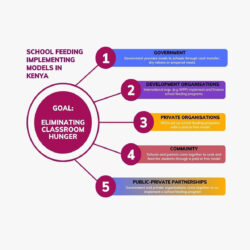


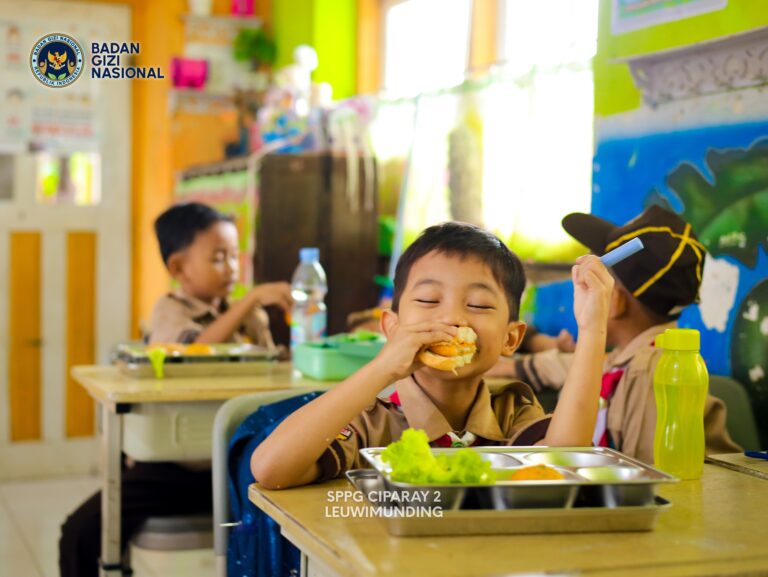

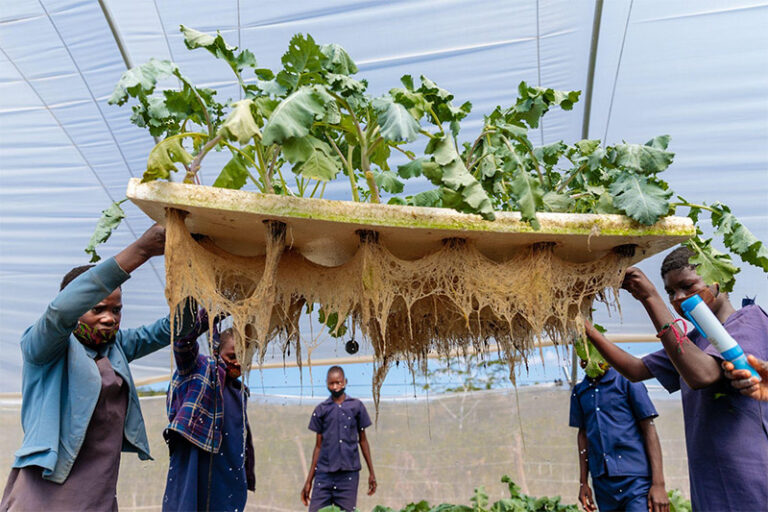
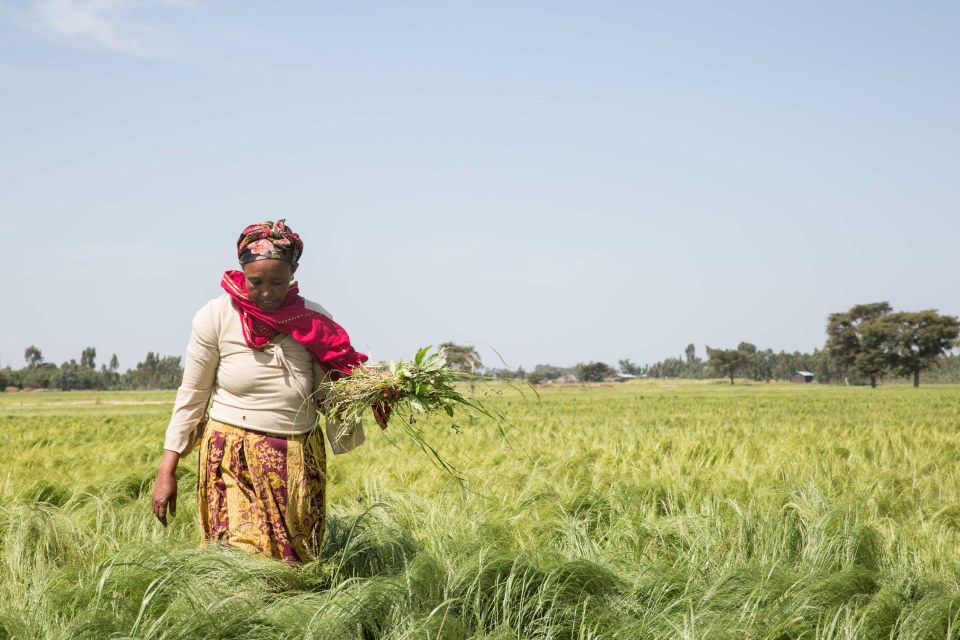
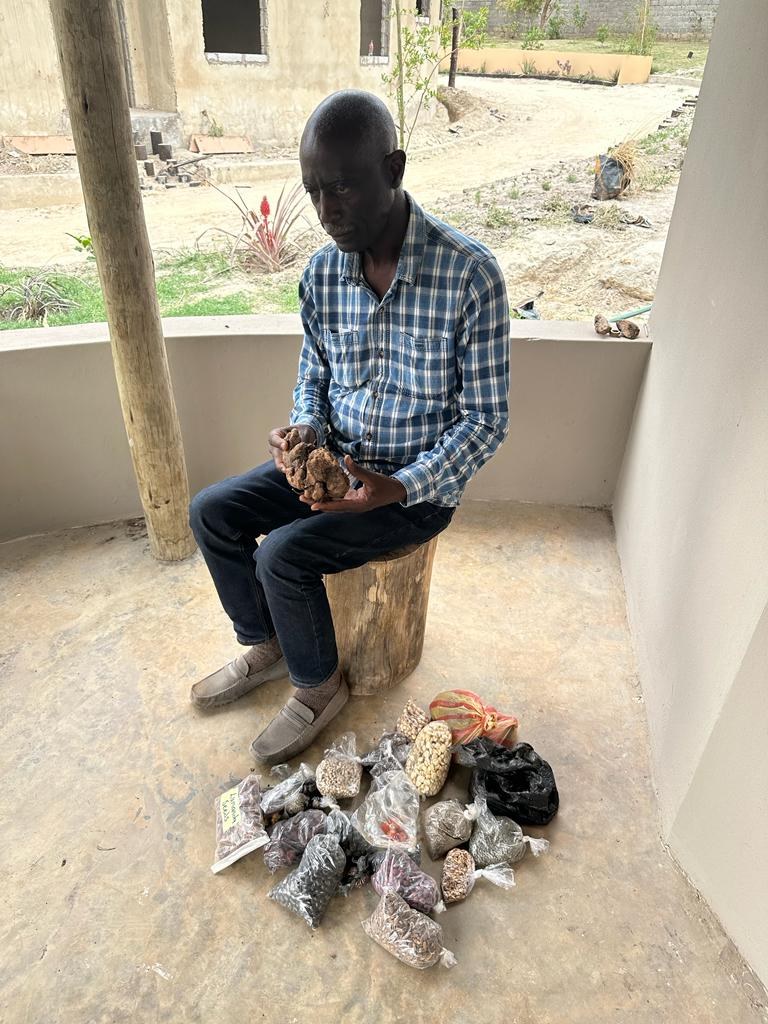
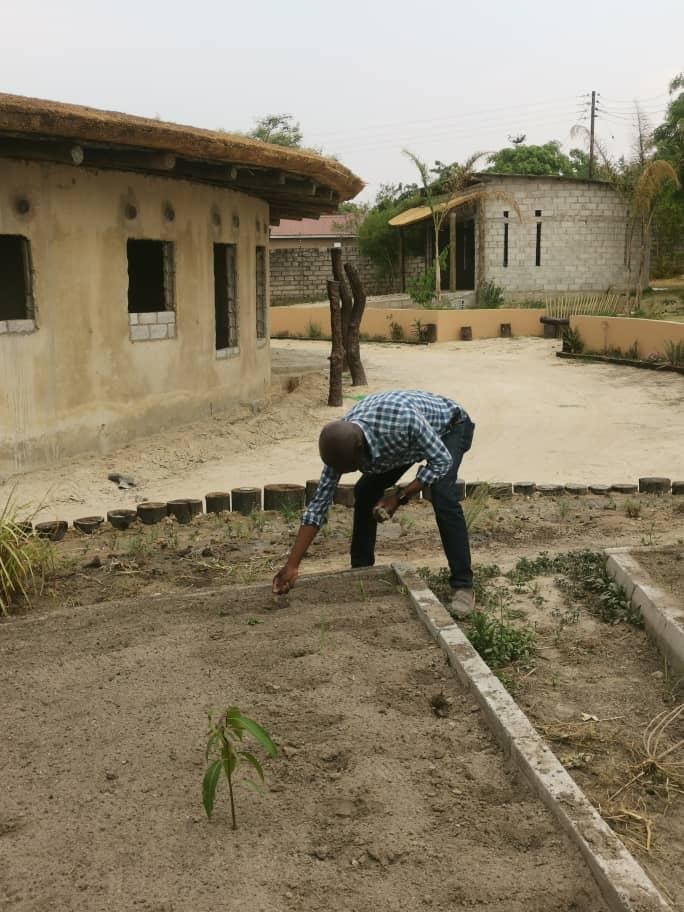
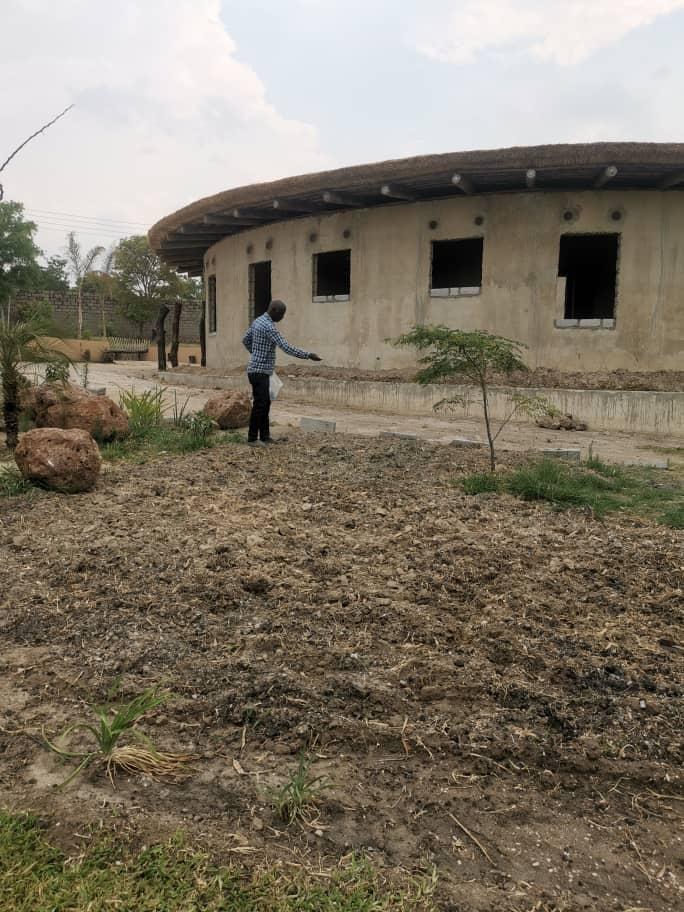
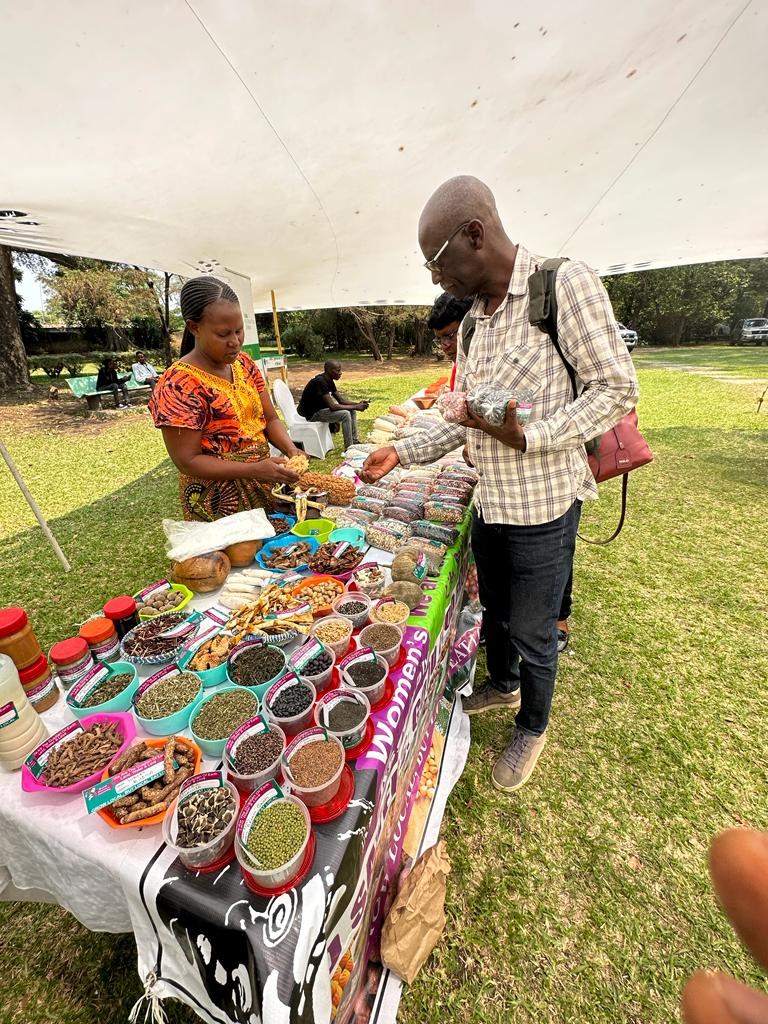
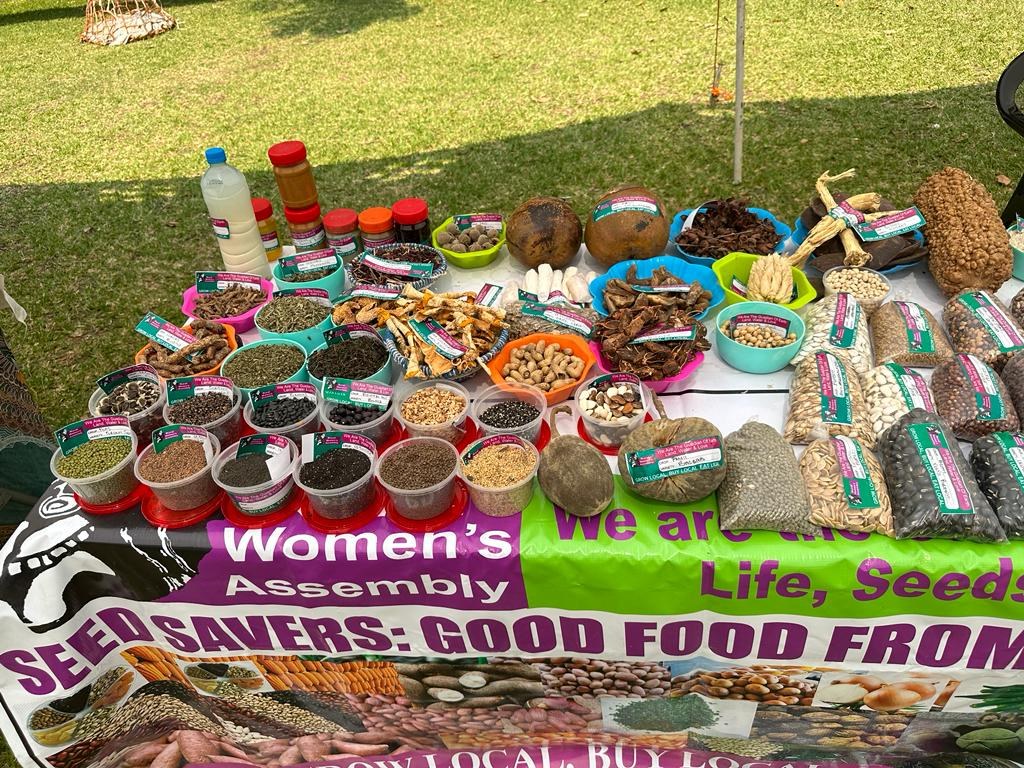
No comment yet, add your voice below!